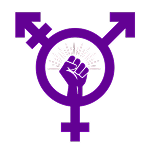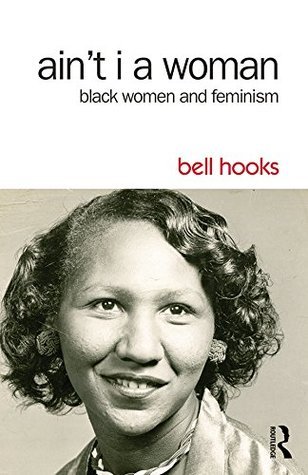crybabybea made progress on...
crybabybea commented on beloved404's update
beloved404 started reading...

The Picture of Dorian Gray
Oscar Wilde
crybabybea commented on moss-mylk's update
crybabybea commented on vumaisbooked's update
vumaisbooked started reading...

Razorblade Tears
S.A. Cosby
crybabybea commented on marissa's update
crybabybea commented on AnotherWonderingSoul's update
AnotherWonderingSoul started reading...

A Treachery of Swans
A.B. Poranek
crybabybea commented on lucyPagebound's update
lucyPagebound earned a badge

Memoir & Biography Starter Pack Vol II
Champion: Finished 5 Side Quest books.
crybabybea commented on a post
Comment that has absolutely nothing to do with this book (that I am thoroughly enjoying even without this point): as a massive Fall Out Boy fan, the last thing I expected in this book was a reference to "The Take Over, The Breaks Over".
crybabybea commented on crybabybea's update
crybabybea earned a badge

Memoir & Biography Starter Pack Vol II
Champion: Finished 5 Side Quest books.
crybabybea TBR'd a book
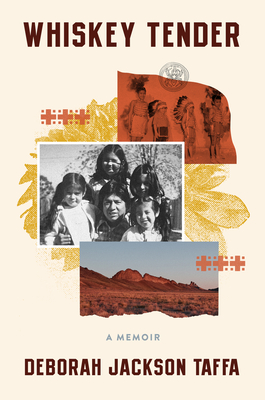
Whiskey Tender: A Memoir
Deborah Jackson Taffa
crybabybea TBR'd a book

Biased: Uncovering the Hidden Prejudice That Shapes What We See, Think, and Do
Jennifer L. Eberhardt
crybabybea TBR'd a book

Girls to the Front: The True Story of the Riot Grrrl Revolution
Sara Marcus
crybabybea TBR'd a book
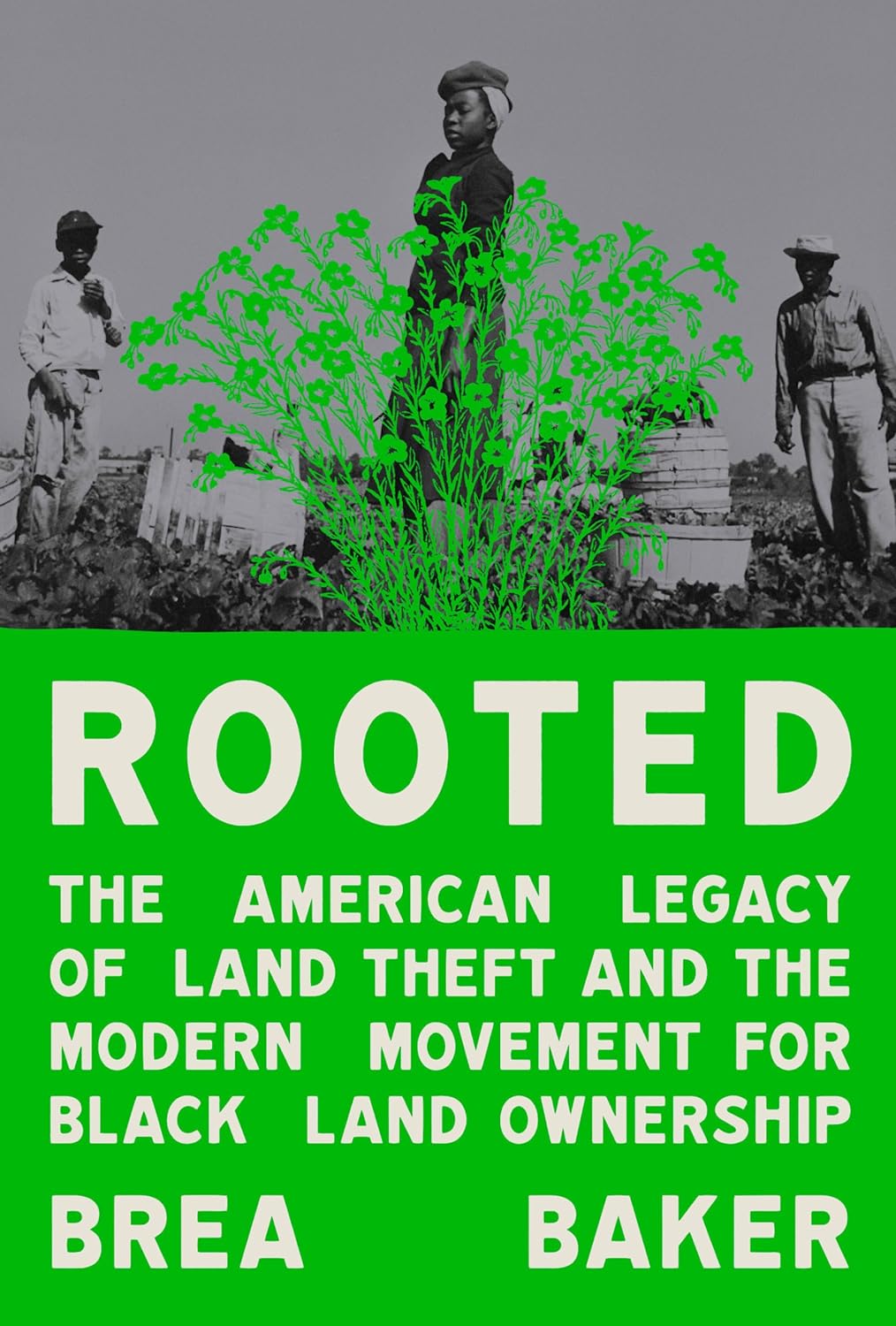
Rooted: The American Legacy of Land Theft and the Modern Movement for Black Land Ownership
Brea Baker
crybabybea TBR'd a book

Medgar & Myrlie: Medgar Evers and the Love Story that Awakened America
Joy-Ann Reid
crybabybea started reading...
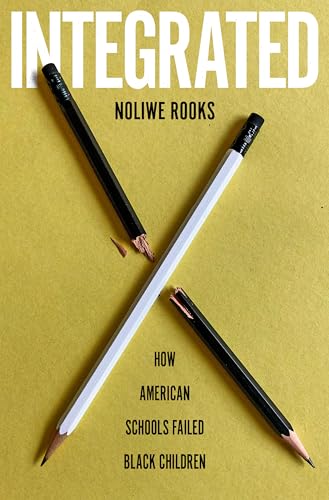
Integrated: How American Schools Failed Black Children
Noliwe Rooks
crybabybea finished a book

The House of Hidden Meanings
RuPaul RuPaul
crybabybea earned a badge

Memoir & Biography Starter Pack Vol II
Champion: Finished 5 Side Quest books.
crybabybea commented on broenyn's update
crybabybea commented on crybabybea's update
crybabybea finished a book
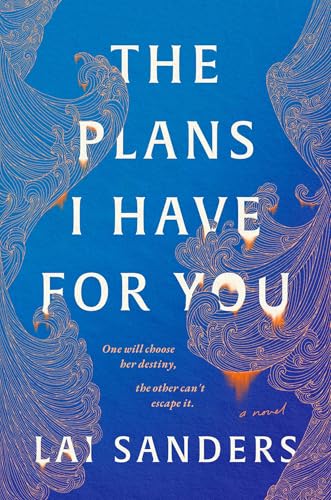
The Plans I Have for You
Lai Sanders
crybabybea finished a book

The Plans I Have for You
Lai Sanders





